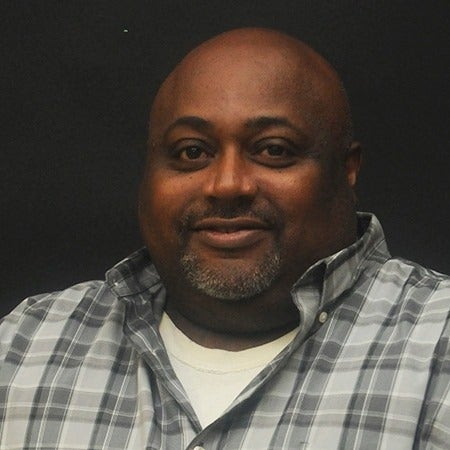Learning more about special needs families
Published 6:26 pm Wednesday, October 3, 2012
One of the most rewarding aspects of being a storyteller and journalist is that you get to hear the story first hand. You get to listen to the story from a witness perspective and feel their emotions.
Sometimes as you jot down shorthand notes and ask questions you get to cry with your interviewee and then try to put their emotion down on paper.
Wednesday I had the privilege of interviewing a hero. I spoke with a mom who has a child with special needs in the area and the story will be featured in Saturday’s edition of the Times-Journal in the Faith and Family section.
In this meeting with Alabama Early Intervention specialist Kimberly Olds and a family who has been through the program I got to see what kind of amazing programs the Cahaba Center has to offer and then I got to hear how the people at the Cahaba Center and their programs change lives.
Charlotte Knox told me about her son Miles and her family’s uphill battle against unemployment, settling into a new area and finding out they have a child with special needs.
Knox told over and over again about how the Early Intervention program helped her family learn.
“They taught me,” Knox said about how the staff worked with her first hand to find ways to work with her son and help him communicate.
I was truly touched by the peace of mind the testing gave Mrs. Knox and other families that I learned about.
The Early Intervention program in Dallas County — which also services Wilcox and Perry County — has about fifty families on the roster right now and Olds said they have never turned anyone away or put a family on a waiting list. Bigger areas like Montgomery have to put families on waiting lists but this particular Early Intervention clinic has never had to, welcoming everyone for free.
All families whether they have insurance or not will not be billed. It is a free service even to those with Medicaid.
Listening to Mrs. Knox’s story of hope and how she overcame accepting her son’s disability and learning to work through it, gave me a unique appreciation for families with kids that have special needs. In discussing a topic that could be sort of grim — finding out your child has a delay of some sort — it seems that the parents and staff members still rave about the Early Intervention and Cahaba Mental Health Services and what wonders they have done in bringing families together to work through hardships.
Learning how to get her son to sit still in church and get on a bus to go to the Head Start Program was a challenge for Knox, but with the support of the folks at Early Intervention, she says she is, “So humbled and so greatful.” But I was humbled by her story of hope.



